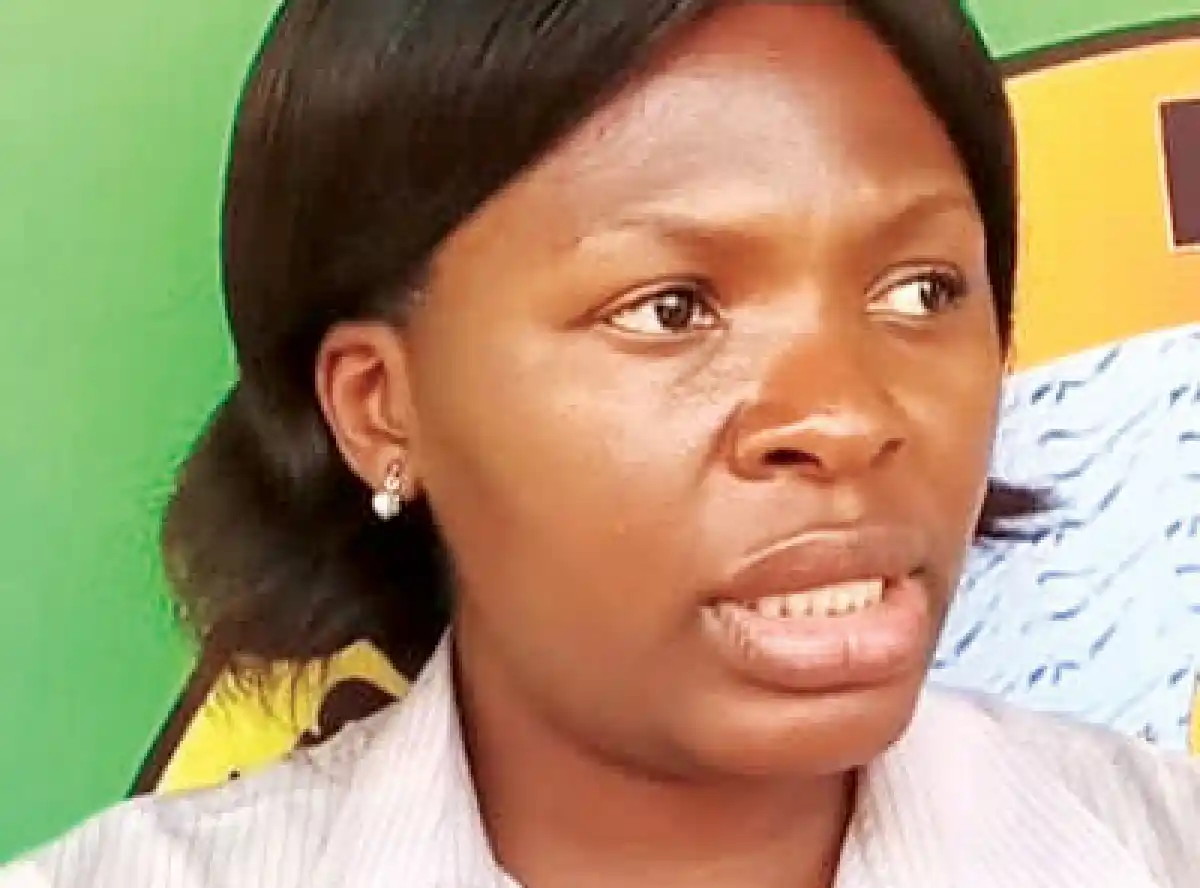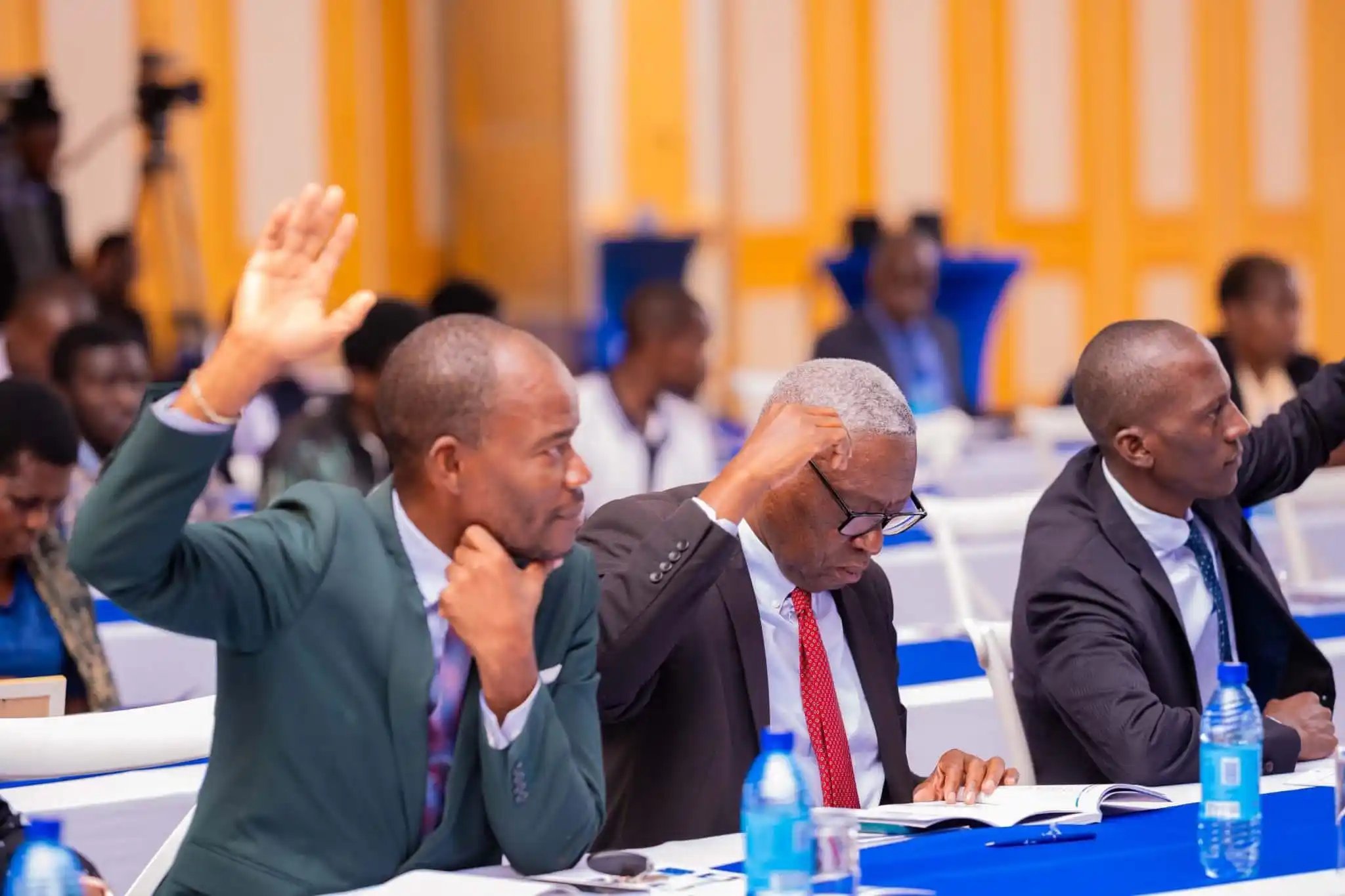

energy levies
By Innocent Kalikokha
The Ministry of Energy has disclosed that the Malawi Energy Regulatory Authority (Mera) owes it K102 billion meant for implementation of the Malawi Rural Electrification Programme (Marep).
It says this has had a negative bearing on progress of the programme.
Ministry of Energy Deputy Director responsible for Rural Electrification Francisco Chingoli told The Daily Times on the sidelines of the event at which President Lazarus Chakwera launched Marep Phase 9 that the situation was putting pressure on them.
Under the phase, 13 sites are earmarked for electrification in Nguluwe Village, Traditional Authority Mbenje, in Nsanje District.
Chingoli said the amount has accumulated due to Mera’s failure to collect enough fuel levies from fuel importers because fuel prices are low.
“The Marep project is funded by energy levies that we collect from Mera. As we are talking now, Mera is failing to collect fuel levies from fuel importers because fuel prices are low. As such, Mera is owing us K102 billion,” he said.
He added that vandalism was another factor that was affecting project implementation.
“As at now, we have lost over K1 billion to vandalism. A lot of cases have been registered in Nsanje and Chiradzulu districts,” Chingoli said.
Four weeks ago, Mera spokesperson Fitina Khonje told The Nation newspaper that the landing cost of fuel in the country was higher than the prevailing fuel pump price.
She said, as a result, importers were under-recovering, thereby failing to remit the levy.
“Mera is failing to remit the levies because it has not been receiving the said levies from importers. The importers have not been able to remit the levies since they are landing the products at higher costs than what they are able to be compensated from the prevailing fuel pump prices,” The Nation quotes Khonje as saying.
During the last week of August, some members of the Parliamentary Committee on Natural Resources and Climate Change recommended that the government consider raising fuel prices due to challenges that Mera was grappling with.

Committee chairperson suggestion followed a meeting between the committee and officials from Mera. Werani Chilenga said the suggestion followed a meeting between the committee and officials from Mera. Werani Chilenga said the
“The committee recommends a reasonable adjustment of fuel prices by Mera.
“However, the adjustments should be strictly for the purposes of cost recovery and not for increasing profits. The committee emphasised the need for Mera to consider the hardships that people in the country are already facing as a result of the calamities the country has experienced,” Chilenga said.
He said Mera indicated that K783 billion in under-recoveries had been accumulating since May 2022, following the depreciation of the Kwacha against the United States dollar by 22 percent and the lack of upward adjustment of fuel pump prices to meet the required level as recommended by the Automatic Pricing Mechanism.
He added that Mera indicated that National Oil Company of Malawi’s losses, currently pegged at K592 billion, included a loan of K380 billion that the company obtained from the Trade Development Bank in 2018.
Currently, the monthly losses are at K18 billion per month.
However, the fuel issue did not sit well with the opposition.
Member of Parliament for Blantyre City South East, Sameer Suleman, asked the Executive to seek alternative solutions to the challenges facing Mera.

“Malawians are already facing hardships due to the devaluation and disasters that recently affected the country. It would be unfair to raise fuel prices while people are already struggling,” Suleman said.
On Tuesday last week, Consumers Association of Malawi Executive Director John Kapito asked Mera to raise fuel prices to address fuel scarcity challenges in the country.
“Price increases of petroleum products negatively affect consumers due to the knock-on effect on other goods and services.
“However, when weighed against the scarcity of fuel on the market and its negative impacts, Cama believes that the effects of regulated higher prices are a lesser evil than fuel scarcities,” the statement reads.







0 Comments